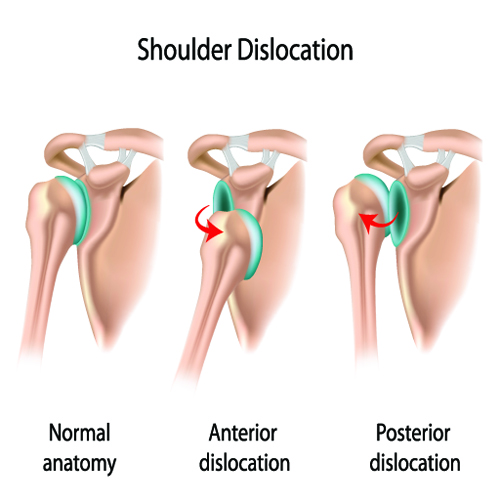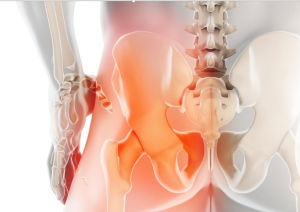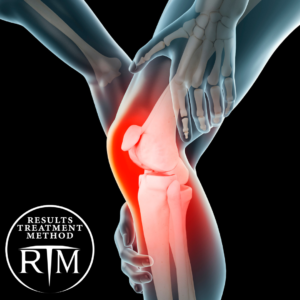Shoulder dislocations are a common injury that can occur due to a variety of factors, including falls, sports injuries, and car accidents. When the upper arm bone (humerus) pops out of the socket in the shoulder blade (scapula), it can cause severe pain, swelling, and difficulty moving the affected arm.
There are two main types of shoulder dislocations: anterior and posterior. Anterior dislocations occur when the humerus pops out of the socket in the front of the shoulder, while posterior dislocations happen when the humerus pops out in the back.
Treatment for a shoulder dislocation typically involves reducing the dislocated joint back into place and immobilizing the joint to allow for healing. Physical therapy may also be prescribed to help restore range of motion and strength to the affected arm. However, traditional physical therapy methods can be time-consuming and may not provide the best outcomes for patients.
This is where the Results Treatment Method (RTM) comes in. RTM is a holistic approach to physical therapy that focuses on identifying and addressing the root cause of the injury, rather than just treating the symptoms.
One of the key components of RTM is the use of functional movement screens to assess a patient’s movement patterns and identify any underlying imbalances or dysfunctions. This information is then used to design a personalized treatment plan that addresses these issues and helps to prevent future injuries.
RTM also incorporates manual therapy techniques, such as joint mobilization and soft tissue work, to help improve mobility and reduce pain. Additionally, RTM emphasizes the importance of proper exercise form and technique to help patients regain strength and stability in the affected joint.
One of the biggest advantages of RTM is that it can help patients achieve faster and better outcomes than traditional physical therapy methods. With RTM, patients can return to their daily activities and sports more quickly, with less pain and a lower risk of re-injury.
If you or someone you know is dealing with a shoulder dislocation, consider seeking out a physical therapist trained in the Results Treatment Method at Results Physical Therapy. With this holistic approach, you can get back to your normal activities and enjoy a healthier, more active lifestyle.
If you would like to learn more about shoulder pain and how to alleviate it, our next Free Online Shoulder Pain Workshop taking place on Tuesday, February 7th from 5:30pm to 6:30pm taught by expert physical therapist Andreas Schenk. Sign up today at resultsrehab.com/workshops/ today!




